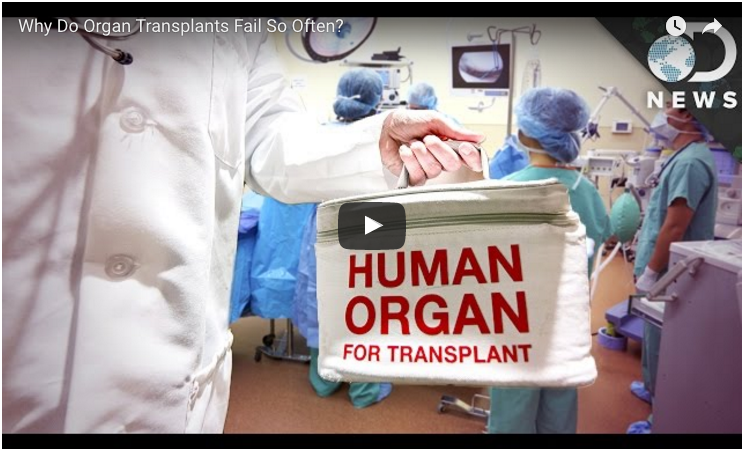Why Do Organ Transplants Fail So Often?
Written by |

Pulmonary fibrosis has no known cure as yet, but there are several treatment options available to ease the symptoms, lung transplant being one of them – and also the most efficient treatment curently. But sometimes things don’t go quite so well after the organ is transplanted into the patient’s body. In many cases, the body rejects the new organ and this is one of the biggest risks of transplants. Some organs are more likely to be rejected than others; for example, corneal transplants have a 75% success rate for ten years, while the survival rate of lung transplants is surprisingly low, with a 66% average success rate after just three years, according to the National Kidney Foundation. But what exactly happens to make our body reject the new organ? In this video, shared by DNews, learn more about why transplants fail and how often it happens.
Learn more about pulmonary fibrosis: https://bit.ly/1VElTQA
Pulmonary Fibrosis News is strictly a news and information website about the disease. It does not provide medical advice, diagnosis or treatment. This content is not intended to be a substitute for professional medical advice, diagnosis, or treatment. Always seek the advice of your physician or other qualified health provider with any questions you may have regarding a medical condition. Never disregard professional medical advice or delay in seeking it because of something you have read on this website.



